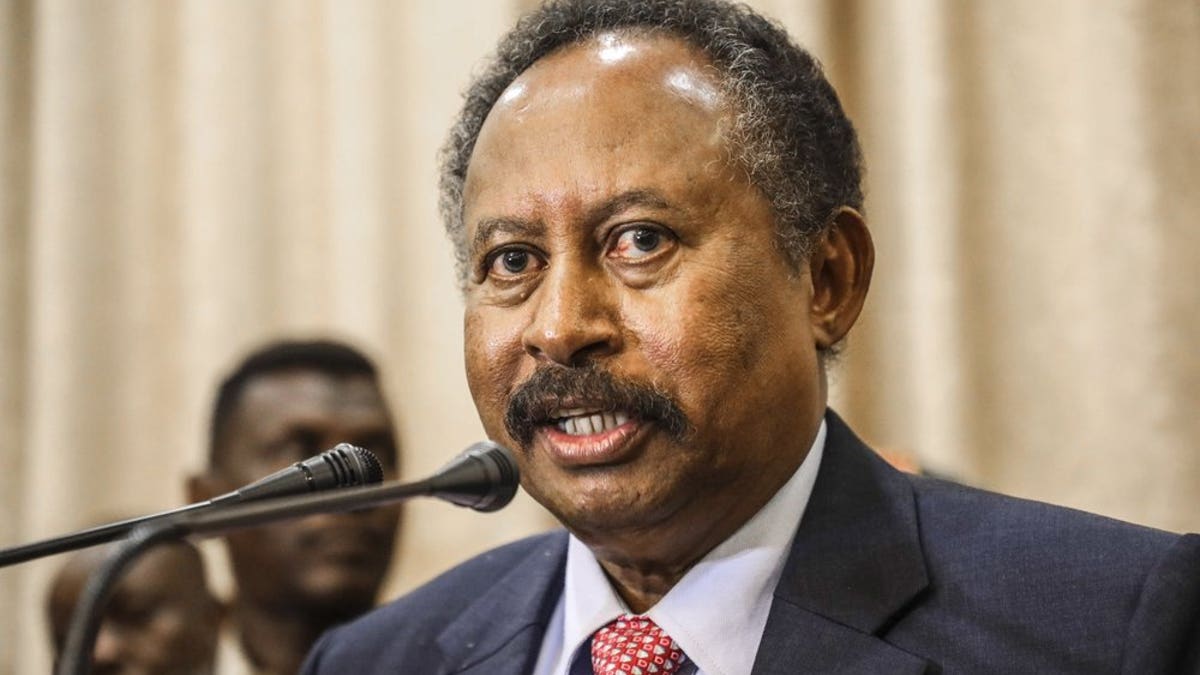Fox News Flash top headlines for July 12
Fox News Flash top headlines are here. Check out what's clicking on Foxnews.com.
Sudan has outlined reforms that will see a rollback some of the strict Islamist rules in the country after 30 years, authorities announced.
The new rules include allowing non-Muslims to drink alcohol and scrapping public flogging as a punishment, as well as a ban on female genital mutilation, Reuters reported. Justice Minister Nasredeen Abdulbari explained that the focus will be on dropping laws that violate human rights in Sudan.
A transition government led by Abdalla Hamdok replaced autocrat Omar al-Bashir after he was toppled last year by the military following months of mass protests. Hamdok’s government vowed to transition to democracy, end discrimination and make peace with rebels.

In this Aug. 21, 2019 file photo, Sudan's new Prime Minister Abdalla Hamdok speaks during a press conference in Khartoum, Sudan. Sudan’s transitional government has announced a major Cabinet reshuffle, hoping to defuse public discontent over collapse of the economy and other crises that have tested the country’s path toward democracy. Hamdok on Thursday, July 9, 2020 accepted the resignation of six ministers, including the finance minister who has been faulted for failing to rescue the plunging economy. (AP Photo, File)
The broader social rules, including alcohol bans, will remain in place for Muslim citizens, Abdulbari announced on state television Saturday night.
Abdulbari announced other changes, such as no longer requiring women to obtain a permit from their male members for travel with their children, and renouncing Islam – known as apostasy – will no longer result in the death penalty.
Bashir took power in 1989 and extended Islamic law, establishing the Public Order Police who would publicly punish offenders, usually with floggings, the BBC reported.
5 DEAD IN HOSTAGE SITUATION AT SOUTH AFRICA CHURCH; 40 ARRESTED
The path forward for Hamdok’s government has not been easy, with economic troubles plaguing the country. Protests over the troubles resulted in Hamdok replacing six ministers over the past week, the Associated Press reported.
A government statement named acting replacements for posts in a variety of roles, including foreign, energy, agriculture and transportation ministers.
“The trust that the people have given the transitional government obliges us to listen to the voice of the street,” said Hamdok. “Legal reviews and amendments will continue until we address all distortions in the legal systems in Sudan.”
CLICK HERE TO GET THE FOX NEWS APP
Hamdok’s government, made up of army generals and civilians, will remain in power until 2022, at which point the government is expected to hold elections.
The Associated Press contributed to this report.









































